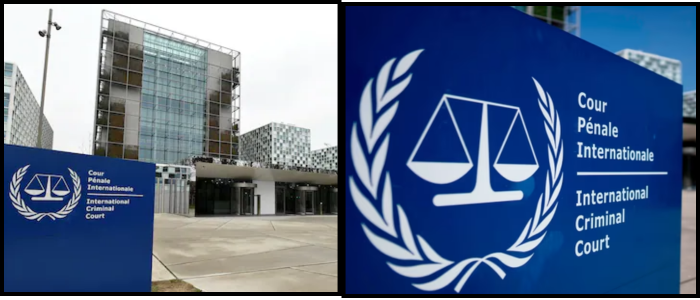
Among them are Solomy Balungi Bossa (Uganda), Luz del Carmen Ibanez Carranza (Peru), Reine Alapini-Gansou (Benin) and Beti Concetta Hohler (Slovenia). As a result of the sanctions, the judges could now find themselves unable to carry out ordinary financial transactions, since any bank that deals with the US is bound by the measures.
Sanctions Come After Arrest Warrants Issued for Israelis
The latest step comes after the ICC announced that it seeks the arrest of Israeli Prime Minister Benjamin Netanyahu and ex-Defense Minister Yoav Gallant over the ongoing war in Gaza. The US has not let up its efforts to squeeze the court, and earlier sanctions on a similar issue were introduced by President Trump in February. The current moves are viewed as an extension of that policy.
This is not the first time that the United States has sanctioned officials from the ICC. A staff member and then-prosecutor Fatou Bensouda were also targeted back in 2020, during the first term of Trump. That move came in response to an investigation by the ICC into suspected crimes by American troops in Afghanistan. The investigation later broadened to crimes committed by the Taliban and by the Afghan government.
Sanctions 'Condemned' by ICC, Dutch Minister
In a statement, the ICC condemned the US move, accusing the sanctions of being designed to weaken the independence of the court. The court said that it still remains pledged to bring justice for victims of gross offences. It also declared its full backing for its judges and staff while pledging to press ahead unfazed.
Dutch Foreign Affairs Minister Veldkamp also condemned the US sanctions. He echoed this on social media, stating the Netherlands would not abate its backing for the ICC, and welcoming the move to reaffirm the primacy of independent international courts.
The International Criminal Court, established in 2002, prosecutes individuals for crimes such as genocide and crimes against humanity. But both the U.S. and Israel are not signatories to the ICC.









